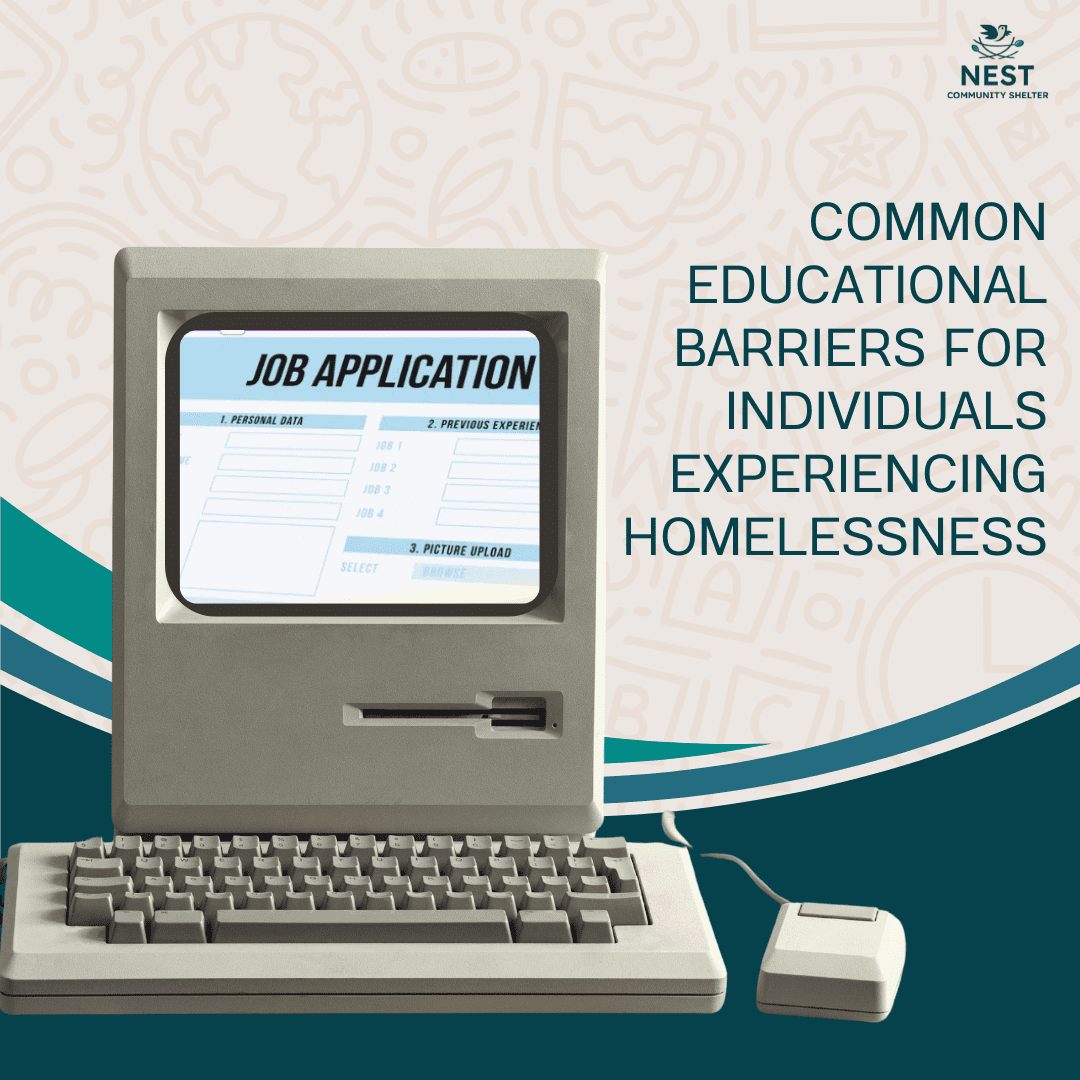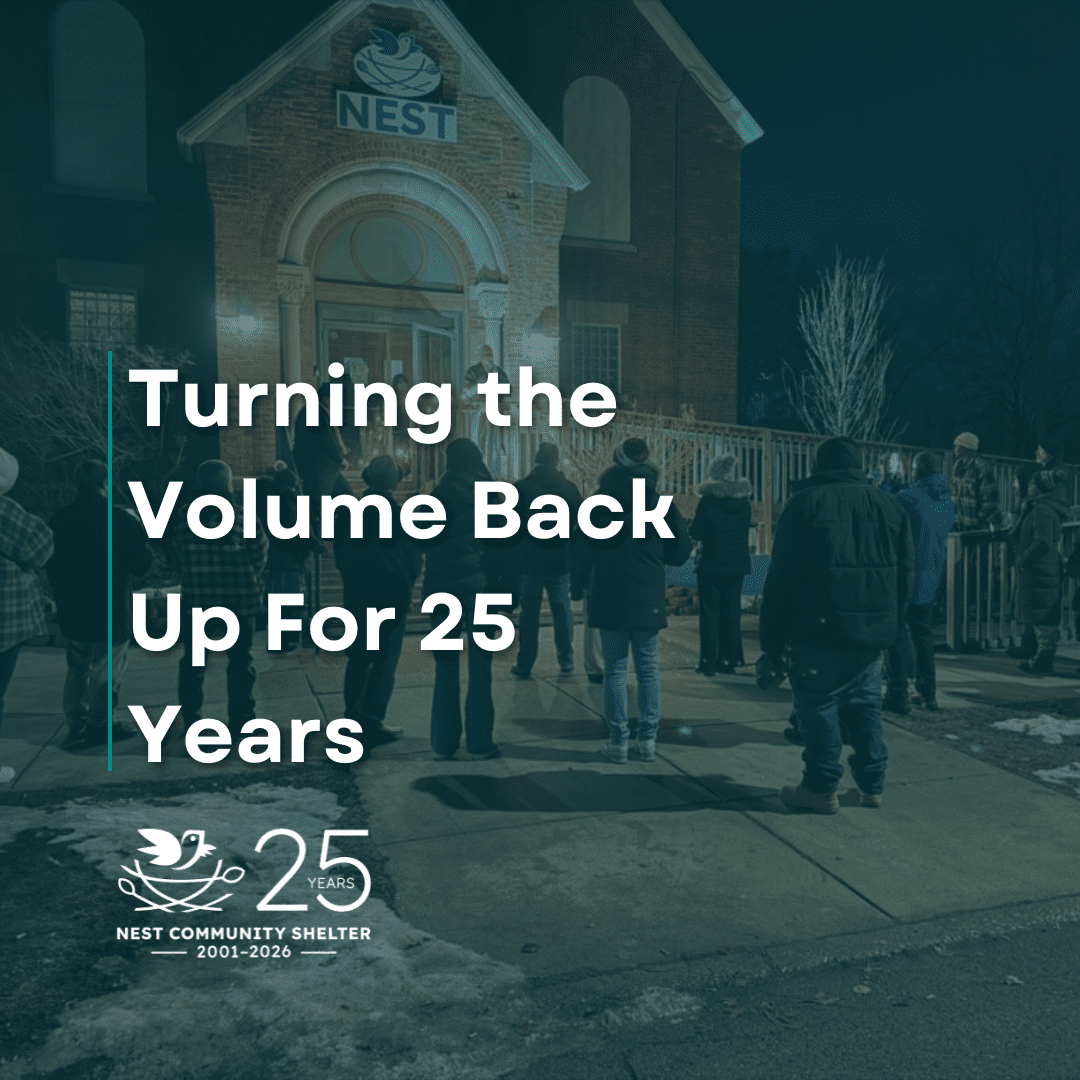
In today’s article, we want to share another facet of homelessness and employment. For those experiencing homelessness, we commonly see significant challenges for some when trying to access education and job training to upskill or close a skill gap in obtaining employment. Without stable housing, focusing on learning becomes incredibly difficult, creating a cycle that’s hard to break. These barriers can be significant and, in most cases, overcome. However, this requires time, something that, for those experiencing homelessness, is a commodity when the majority of your time is focused on basic survival.
The Reality of Educational Barriers
Basic survival when experiencing homelessness is incredibly time-consuming. Finding a safe place to sleep, securing food, and managing day-to-day challenges become the priority. This makes pursuing education, upskilling, or training programs impossible without additional support. While it is not impossible to upskill or seek to fill educational gaps while experiencing homelessness, it is incredibly difficult. For example, if a course is online, many public computer terminals have a time limit, so others may also use them. More formal educational settings require documentation and often incur a bill. While not impossible, this situation is incredibly challenging, and support is often needed for a successful outcome.
The Impact of Education and Employment on Generational Homelessness:
We know that many experiencing homelessness first experienced this situation as children. Often, for many, experiencing homelessness is a generational experience. When children and teens grow up unhoused, they face unique educational hurdles that carry on into adulthood. Young people experiencing homelessness often:
- Experience frequent school changes that disrupt learning
- Miss important school days due to transportation issues or housing transitions
- Lack quiet spaces to study or complete homework
- Face stigma and social challenges from peers
- Have limited access to extracurricular activities that build skills and confidence
When experiencing homelessness as a child can have a massive impact on the educational impact into adulthood and the ability to obtain and secure steady employment.
Without access to education and training, many talented individuals cannot advance in their careers. Job opportunities remain limited to lower-paying positions that don’t provide enough income for stable housing. This creates a frustrating cycle in which housing insecurity leads to educational barriers, which then maintain housing insecurity.
These challenges can affect young people who grow up without stable housing. Many youths experiencing homelessness don’t complete high school, which severely limits their future options. Without a diploma or GED, these young adults face even greater hurdles in breaking the cycle of poverty and housing instability.
Providing The Needed Support:
At Nest Community Shelter, our goal is to help our guests move into permanent housing. This means that steady work must be obtained in order to afford housing. Each guest who comes through our program works with a case manager and community partners to not just obtain these goals but also work towards forward advancement. We want our guests to be successful in remaining housed and building happy and comfortable lives. This goal can only be achieved through stable and steady employment. Community support for those experiencing homelessness while in need of upskilling and further educational opportunities will continue to rely on community support as we work together to help individuals experiencing homelessness in our community.





